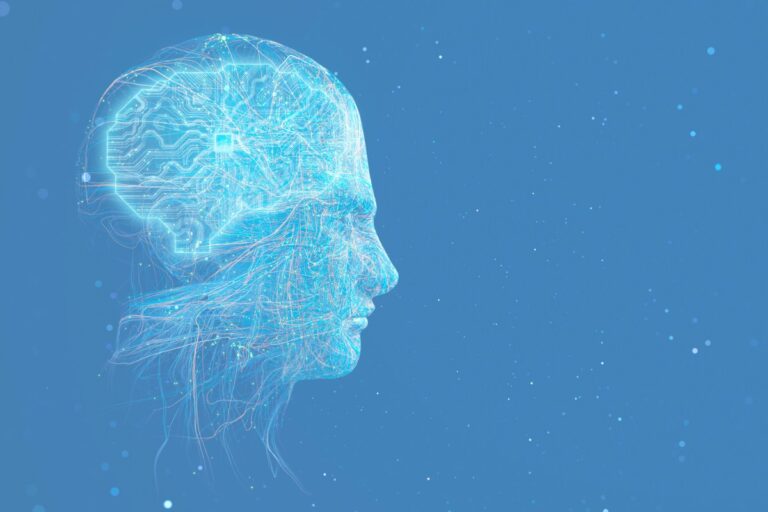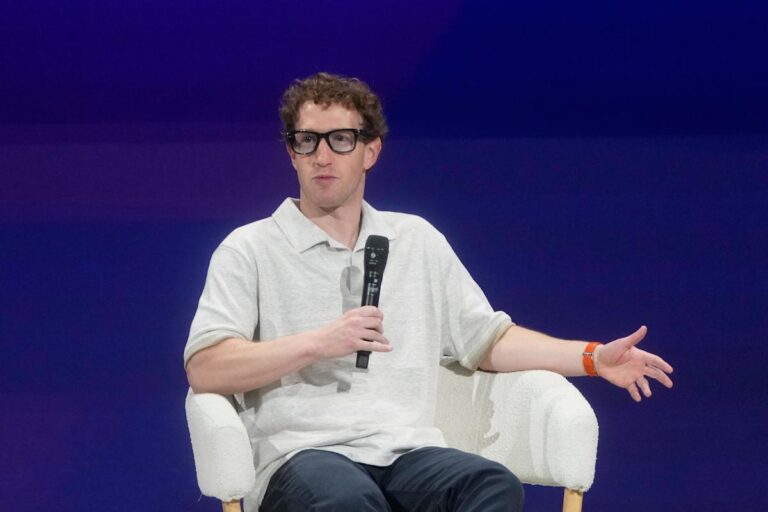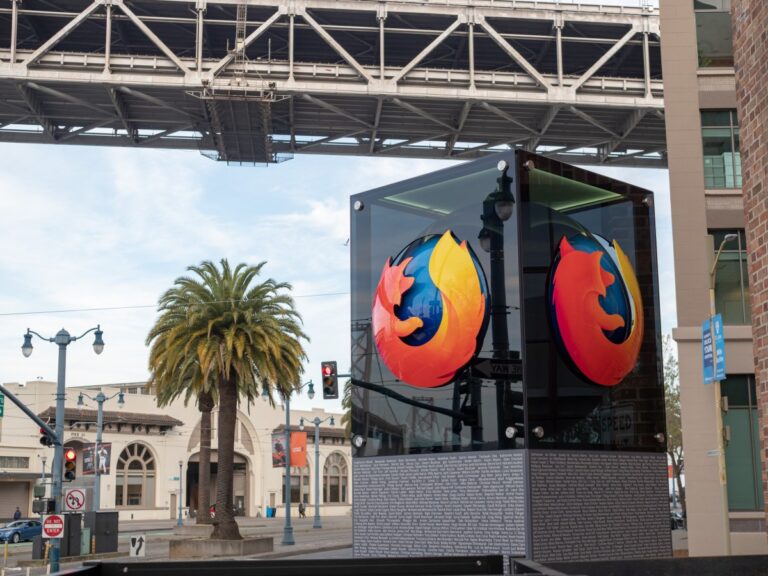AI’s Impact on Memory: Are False Memories Becoming Reality?
In an era where artificial intelligence (AI) technology is rapidly advancing, questions are emerging about its capacity to influence human memories. Recent online content featuring figures like Donald Trump and Elon Musk—some of which depict outlandish scenarios—is raising awareness of how AI could potentially distort our perception of reality. With fabricated moments blending seamlessly with actual events, the challenge for individuals is to discern what they remember genuinely versus what may be a product of AI manipulation.
The Psychology Behind Memory Formation
The concept of ‘source monitoring’ in psychology sheds light on how we identify the origins of our memories. This framework indicates that memories are tagged with information about their source, which deteriorates over time as we retain only fragments of the original experience. As AI-generated videos become more sophisticated, the lines between real-life experiences and simulated scenarios may blur even further, creating a growing concern about the reliability of our memories.
The Risk of False Memories
Similar to how we sometimes recognize familiar faces without recalling specific contexts, AI can lead to the formation of ‘false memories.’ Research from Professor Elizabeth Loftus highlights that suggested ideas can be erroneously integrated into our memory, leading us to mistakenly believe we experienced events that never took place. As AI content proliferates—and often presented in settings indistinguishable from real news—consumers may unknowingly adopt these fabrications as part of their own recollections.
Key Considerations for the Future
- Distinguishing Reality: Understanding the mechanics of memory can aid in recognizing AI-generated content.
- Labeling AI Content: There’s a pressing need for clear branding of AI-generated materials to help the public identify and remember them as distinct from genuine news.
- Ongoing Research: Continued investigation into the psychological implications of AI on memory will be crucial in navigating this emerging landscape.
In conclusion, as AI technology enhances its ability to generate realistic content, discussions around its potential to create false memories are more important than ever. Addressing these concerns can help us better navigate a future where reality and artificiality increasingly overlap.







